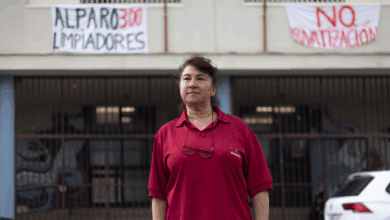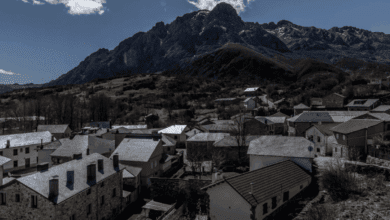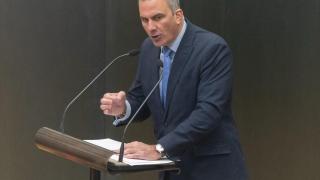
At the start of the new political season in Spain, the Partido Popular (PP) is experiencing a noticeable outflow of supporters toward Vox. According to recent polls, about sixteen percent of former PP voters are now leaning toward supporting the far-right, causing serious concern within the party. As a result, PP’s ratings have dropped to their lowest levels since 2023, while Vox, on the contrary, is showing steady growth and approaching record figures.
PP’s leadership is seeking ways to halt this trend by intensifying criticism against the current prime minister, Pedro Sánchez. Within the party, there is a growing sentiment that the previous strategy of positioning themselves as ‘centrists’ has run its course. Some party officials openly state that the political center in Spain has essentially ceased to exist, shifting the battle for votes further to the right.
Despite this, PP leader Alberto Núñez Feijóo publicly maintains a calm demeanor, insisting that Vox’s gains do not prevent his party from increasing its own influence. He emphasizes that even as the far-right grows, PP remains the leading force on the right and can still aim to secure a parliamentary majority. However, in regions where Vox is particularly strong, local PP leaders express concerns: a segment of the electorate is not convinced that Feijóo is tough enough towards nationalists and other political forces.
Intra-party debates are becoming increasingly heated. Some believe that Vox is attracting voters through protest sentiments and disillusionment with Sánchez’s policies. At the same time, members of the PP admit that their own rhetoric is becoming more aggressive, with moderate voices being pushed to the background. In recent weeks, Feijóo and his team have actively used provocative slogans and have even borrowed tactics from Madrid’s leader Isabel Díaz Ayuso, causing mixed reactions within the party.
The question of how to build relations with Vox remains unresolved. Feijóo has already made attempts to establish dialogue with the far-right leader Santiago Abascal, but so far with little success. Meanwhile, Vox continues to ramp up pressure, including through legal actions against PP representatives. The party faces two important upcoming regional votes — in Castilla y León and Andalucía — where electoral preferences differ significantly. Under these circumstances, the PP will have to develop different approaches for each region in order not to lose more supporters and avoid dependence on the far-right when forming coalitions.
Overall, Spain’s political landscape is becoming increasingly polarized. The PP acknowledges that public demand for tougher and more radical rhetoric is only growing, while moderation no longer brings the same rewards as before. The only question is how far the party is willing to go in this race for the right-wing electorate, and whether this will further strengthen its competitors on the right.












